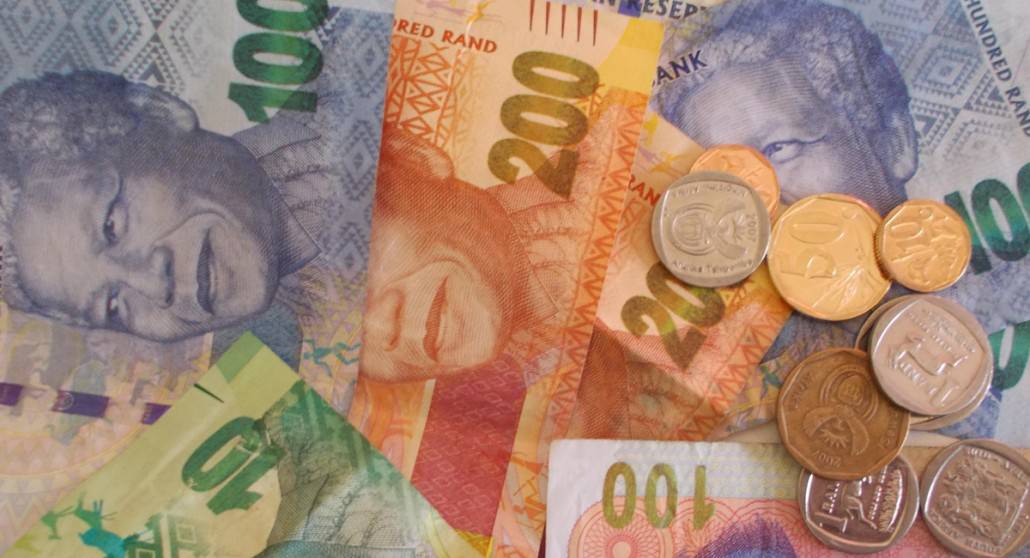The Political Party Funding Bill has passed muster in the National Assembly (NA), after it was tabled in November 2017. The bill, now that it has been approved by the NA, is under consideration with the National Council of Provinces and once that body has concurred, the bill will go to President Cyril Ramaphosa for him to sign it into law.
The bill is aimed at uncovering the secrecy surrounding private funding of political parties. It places a ban on donations from any government department or state-owned entity, as well as all donations from foreign governments and their agencies.
The bill also limits the amount individuals or entities can donate to any one political party to R15-million in a calendar year, said the ANC, welcoming the NA’s approval. The party said that for the first time in 24 years, political parties would be obliged to be transparent about their sources of funding.
“The law must ensure that the narrow private interests of those with big bank balances, or who have easy access to party bosses, never usurps the will and interests of the general electorate or party supporters who might not be as monied,” said ANC MP Vincent Smith, who headed the parliamentary ad hoc committee on party funding.
The EFF opposed the bill, while the DA supported it, with some reservations.
Corruption Watch’s submissions
Corruption Watch has made both oral and written submissions to the ad hoc parliamentary committee, on the bill. We emphasised that transparency is key in relation to private funding, and expressed concerns mainly around the continued lack of transparency in the private finding of parties. Transparency in party funding prevents and deters corruption and malfeasance, and steps taken to address transparency in party funding are necessary for the protection and promotion of multi-party democracy.
We noted that the bill fails to address funding from investment vehicles owned by political parties as well as funding from companies that do business with the state. In this regard, we previously made a number of important suggestions based on OECD guidelines that either involved outright bans of certain funding or strict regulation and enforcement – however, our suggestions were not reflected in the draft bill.
Our previous submissions included the following points:
- Establishment of a multi-party democracy fund to receive and distribute private sources of funding;
- Disclosure of all sources of funding, including information about beneficial owners and a prohibition of anonymous donations (depending on formula for distribution, unknown sources could still have influence over the most representative party, alternatively the proceeds of crime could be channelled into the fund therefore measures should be put in place to prevent anonymity);
- Disclosure of expenditure / comprehensive reporting, this would allow the public to how political parties spend money allocated from the fund;
- Enabling scrutiny of timely, reliable, accessible and intelligible reports. In this regard, information about the sources of funding as well as the manner in which those funds are spent by political parties should be made available by the Commission in a timely manner but should also be reliable and importantly, accessible which means available on a number of communication platforms and available in a format which is easily understood;
- Capping of expenditure which takes into account all sources of funding and which involves capping the total amount that could be spent by political parties in any given funding cycle to promote a level playing field;
- A review of allocations in terms of the formula in order to promote a level playing field which would involve reviewing the formula for allocations from public fund in favour of more equitable distributions;
- A review of funding for local structures / smaller parties to promote multi-party democracy;
- Public sector integrity and transparency, codes of conduct, conflict of interest and asset disclosure provisions, risk mapping, whistle-blower protection and whistle blower mechanisms;
- Appropriate and enforceable sanctions and capacitated and independent oversight bodies;
- The consideration of increases to public funding only when private and other funding sources are fully transparent.

